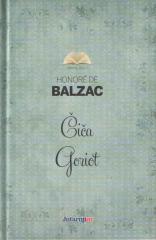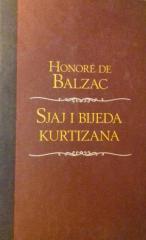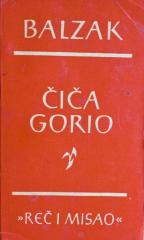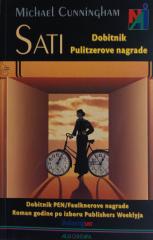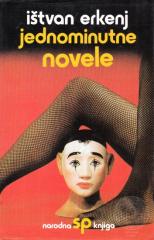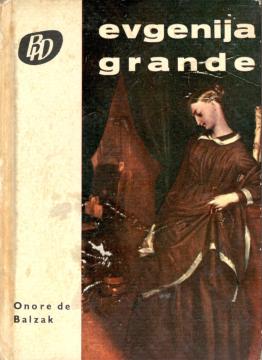
Evgenija Grande / Muzej starina
Balzac u romanima Eugenija Grande (1833.) i Muzej starina (1837.) istražuje univerzalne teme pohlepe, ljudskih strasti, žrtve i moralnih dilema, smještajući ih u različite društvene kontekste francuskog društva 19. stoljeća.
Evgenija Grande: Roman iz Ljudske komedije (1833.) smješten je u Saumuru, gdje škrtac Félix Grande, bogati trgovac, kontrolira obitelj – suprugu i kćer Evgeniju. Njegova opsesija novcem guši svaku radost. Evgenija, mlada i nevina, zaljubljuje se u rođaka Charlesa, razmaženog Parižanina koji dolazi nakon očeva bankrota i samoubojstva. Ona mu daje svoje zlato kako bi započeo novi život u Indiji, čekajući ga vjerno. Félix umire, ostavljajući Evgeniji bogatstvo, ali Charles je iznevjeri, birajući brak iz koristi. Slomljena srca, Evgenija se uda za sudca Cruchota, koji ubrzo umire. Kao bogata udovica, živi samotno, posvećena dobrotvornosti. Balzac istražuje pohlepu, žrtvu i tragičnu snagu neuzvraćene ljubavi.
"Muzej starina" (1837.), dio Balzacove Ljudske komedije, smješten je u provincijskom gradu Alençonu i Parizu, gdje se isprepliću sudbine aristokracije i buržoazije. Priča prati mladog Victurniena d’Esgrignona, plemića iz stare obitelji, čija ekstravagancija i kockarski dugovi ugrožavaju obiteljsku čast. Njegova tetka, Armande, i otac pokušavaju ga spasiti, ali Victurnien upada u mrežu manipulacija Chesnela, odanog sluge, i Du Croisiera, lukavog buržua koji želi uništiti d’Esgrignone. Radnja se zakomplicira kada Victurnien krade novac, a njegova ljubavna afera s pariškom plemkinjom dodatno ga uvlači u propast. Balzac istražuje sukob između dekadentne aristokracije i ambiciozne buržoazije, prikazujući moralnu korupciju, društvene intrige i propadanje starog poretka. Roman je satira društva i studija karaktera, s naglaskom na nemoć tradicije pred novim kapitalističkim svijetom.
One copy is available
- Tragovi patine
